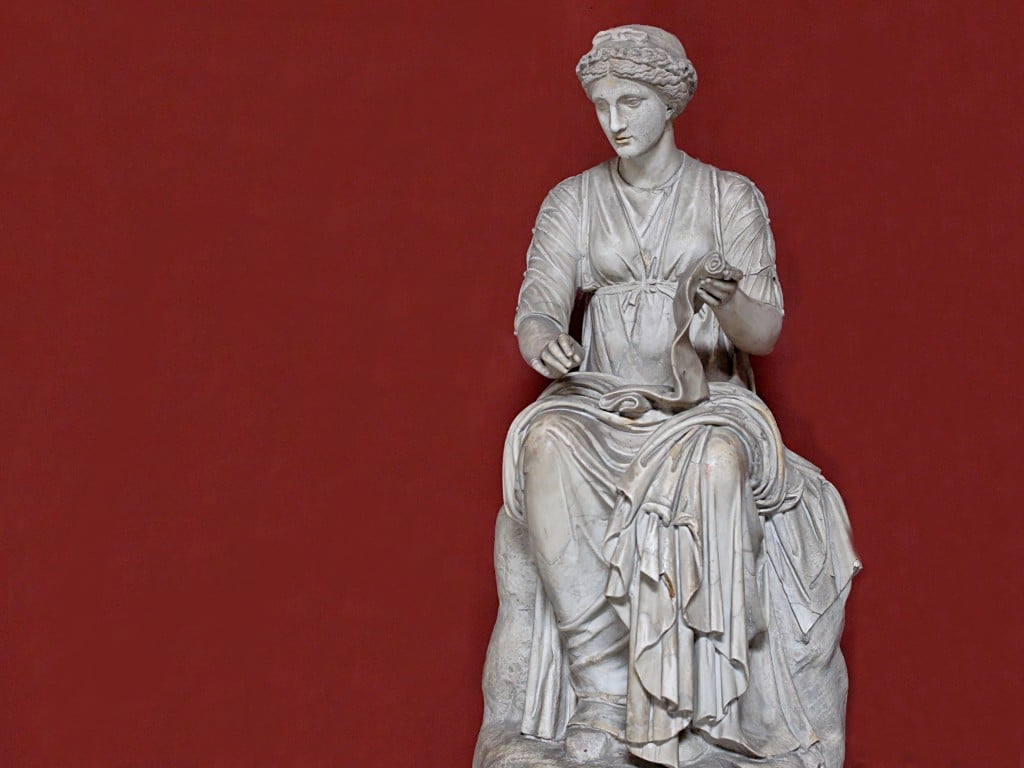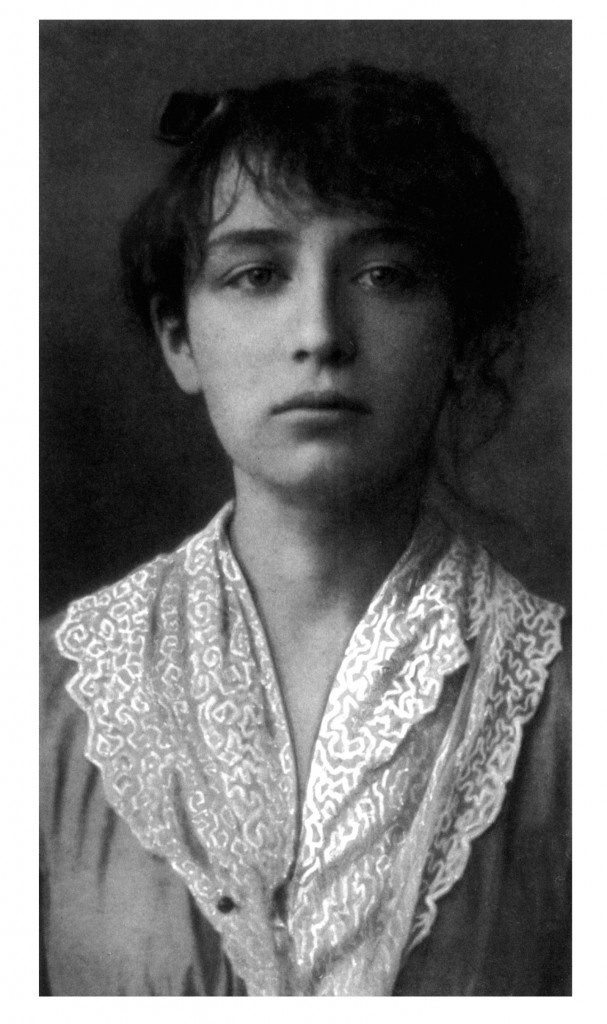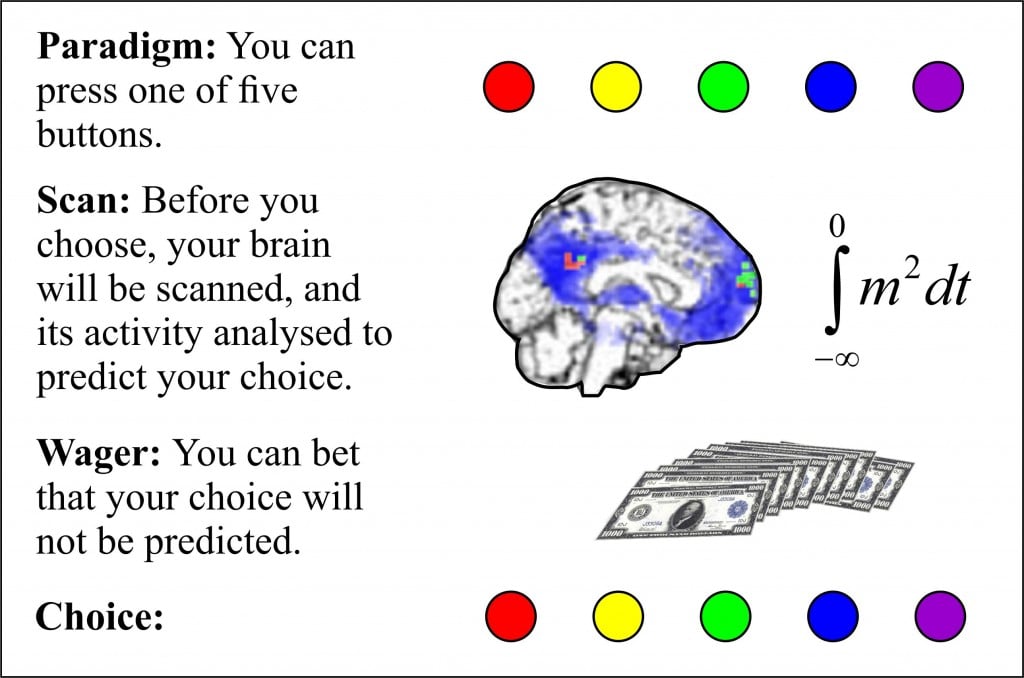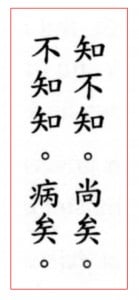
Hatred is directed anger. Though we can claim metaphorically to hate unconscious objects or abstractions, hatred is typically directed at another person or persons. Hatred is evoked by suffering that we perceive they caused. Since it leads to actions against these persons, hatred can also be described as “ill will.”
Emotions can overwhelm reason. Passion is not logical. We often hate without any justification. Hatred must then be maintained by fictions that describe the evil nature of those we hate.
Antisemitism is the most enduring and most unjustified of human hatreds. The ill will suffered by the Jewish people has lasted for thousands of years, and has led to countless crimes, the most terrible of which was the Holocaust wherein 6 million Jews were put to death by the Nazi Government of Germany (Bauer, 2001; Marrus, 1987). ;
Antisemitism has been inspired by many fictions. This posting considers the unfortunate power of some of the stories that paved the way to the Holocaust.
Read more





